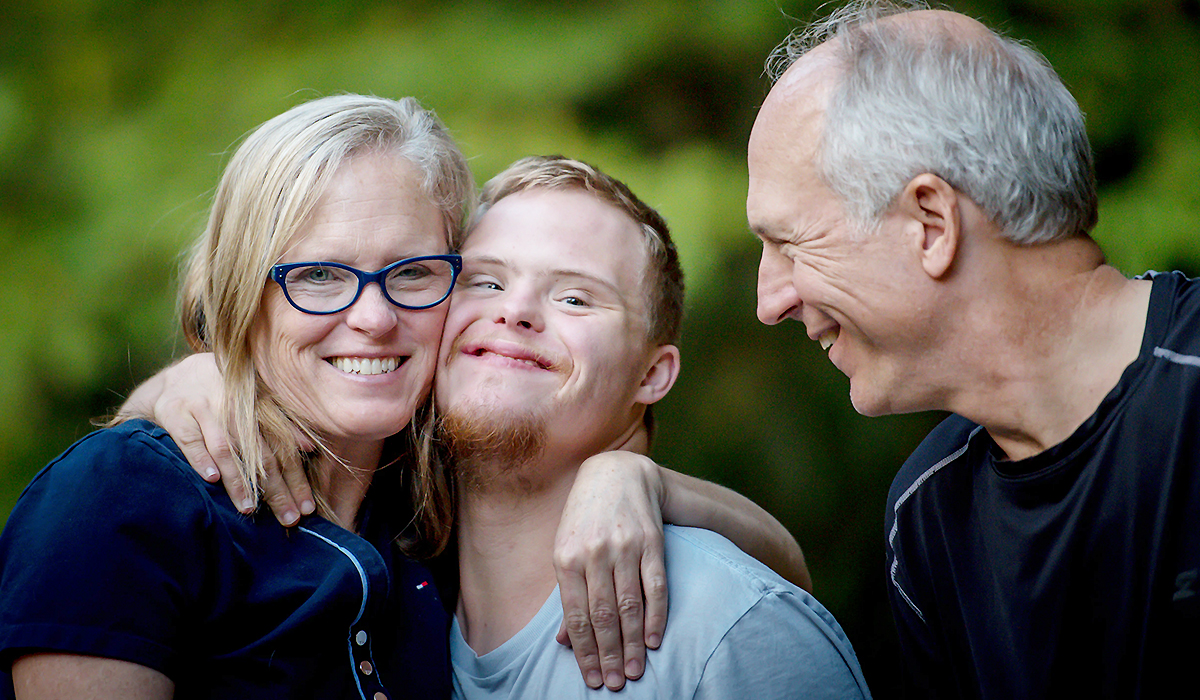Blog by Greg Storen, MBA – Financial Advisor, Senior Tax Professional
Achieving a Better Life Experience (ABLE) accounts, created in 2014 by congress, are tax-free accounts designed to provide a source of revenue for individuals with disabilities. The dollars contributed to an ABLE account will grow and be tax-free when used for a “qualified disability expense”.
Examples of “qualified disability expenses” include:
- Education
- Housing
- Transportation
- Assistive technology
- Healthcare
- Personal support
- Financial management
- etc…
Any individual can open an ABLE account and contribute a maximum amount of $15,000 per year. ABLE accounts have no impact on the individual’s ability to collect Medicaid, but if the value of an ABLE account exceeds $100K, the receipt of social security will be suspended until the ABLE account balance falls below $100K. These accounts are very similar to a College 529 account, but the purpose of the ABLE account offers more flexible spending options.
If you have any questions about this information, give us a call.
Achieving a Better Life Experience (ABLE) Accounts
Information from the Social Security Administration
An Achieving a Better Life Experience (ABLE) account is a type of tax-advantaged savings account that an eligible individual can use to pay for qualified disability expenses. The eligible individual is the owner and designated beneficiary of the ABLE account. An eligible individual may establish an ABLE account provided that the individual is blind or disabled by a condition that began before the individual’s 26th birthday.
An ABLE program can be established by a State (or State agency or instrumentality of a State). An eligible individual can open an ABLE account through the ABLE program in any State, if the State permits it. Some States formed partnerships to improve access for eligible individuals to enroll in ABLE programs. You may see different types of arrangements between States administering ABLE programs.

